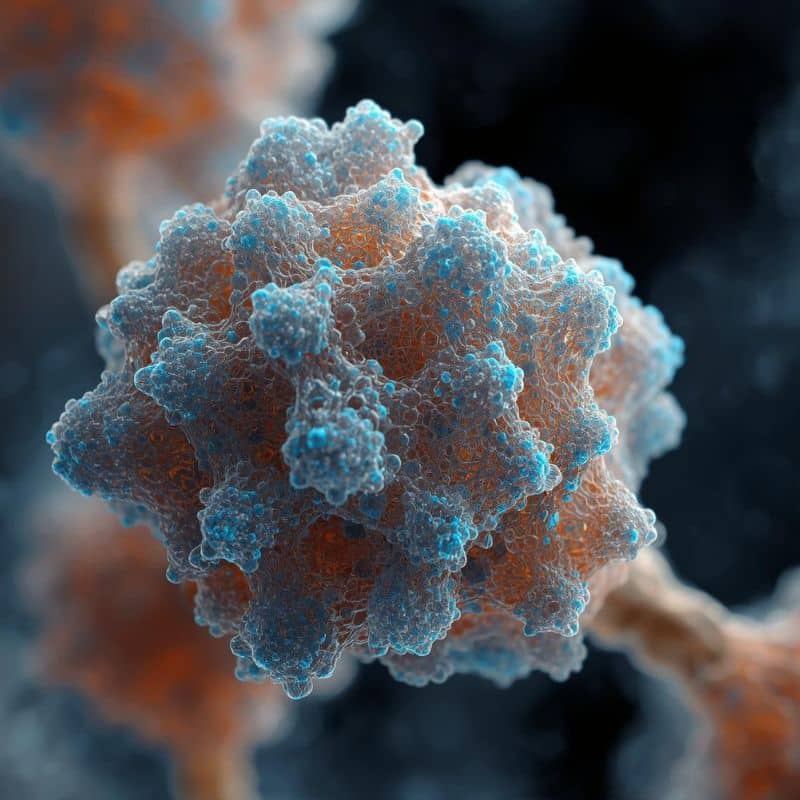As a certified personal trainer, one of the most fulfilling moments is when my client tells me that they have mastered their solo workouts. As much as I want to train my awesome clients forever, empowering them to take control of their fitness journey is even better.
Personal training clients seeking to master their solo workouts indicate that they are transitioning from “how to exercise correctly” to “how to exercise effectively alone”.
After working with my new personal training clients for around ten sessions (the size of our training package), they often ask me how to master their solo workouts. Their biggest question is: “How do I know what to do when I go to the gym by myself?”
- Do you see this question as an opportunity to empower them?
- How would you or do you answer this question?
- How do you empower your clients to master their solo workouts?
Personal training clients seeking to master their solo workouts signed up for personal training to eventually exercise independently. Clients asking, “How do I know what to do when I go to the gym by myself?” suggest that they have grasped basic exercise techniques. It indicates their confidence in performing the exercises taught to them, but they seek guidance on mastering their solo workouts.
In this article, I’ll take you through how I teach my clients basic exercise programming based on current peer-reviewed, evidence-based research. In order to empower your client to master their solo workouts, designate up to a whole session with a pen and paper in hand (or computer) to guide your client through this process. This process can be broken up into five steps:
- Determining how many days a week the client can train
- Assign the splits with exercises they learned
- Review the basic exercise variables that they have become accustomed to
- Work together on creating a one-week workout template with this information
4 Steps to Mastering a Solo Workout
Step one: Determine how many days a week the client can train
Clients may struggle to start if they haven’t determined their weekly workout schedule. It’s crucial to approach their FAQ from a broader perspective. Begin by inquiring how many days per week they can feasibly commit to exercising. Encourage them to consider their daily obligations and identify the most suitable days. Setting a realistic goal enhances adherence to their program, as it aligns with their behavioral patterns.
After asking about their realistic workout frequency, some clients inquire about the minimum number of days per week required to achieve results. Research suggests that 2-3 days per week or 2-3 bouts per muscle group per week can yield positive outcomes (Iverson et al, 2021). For clients new to exercise, I typically recommend a minimum of 2-3 days per week. If they have some experience, I suggest a minimum of 3-4 days per week if their schedule allows. The specific recommendation depends on the individual’s fitness level and progress (American College of Sports Medicine, 2009).
Clients often become excessively enthusiastic about creating their solo exercise program and may take on more than they can handle. It’s important to convey that they can always add a training day if their schedule permits it. Conversely, they should understand that it’s perfectly acceptable to scale back their program by a day or two during exceptionally busy weeks. This is why it’s crucial to educate them about the following aspect.
Step two: Assign the splits with exercises they learned
Once clients determine their weekly workout frequency, it’s essential to emphasize the significance of evenly targeting each muscle group or movement throughout the week. While they may have focused on the form of specific exercises, they may not have fully understood the components of a comprehensive exercise program. To aid their understanding, I present them with the following table, which illustrates clearly various options for their training splits: This table assists clients in visualizing different ways to distribute their workouts across muscle groups or movements, ensuring balanced training sessions.
The key message to convey with this table is that there are straightforward options available to train each movement evenly weekly, regardless of the available time. It’s important to note that the table showcases only a few splits, as overwhelming clients with excessive options can lead to analysis paralysis. The goal is to provide them with a manageable selection that ensures balanced training sessions.
| Split/Routine | 1-3 Days/Week
Full Body |
1-3 Days/Week
Push/Pull/Legs |
4 Days/Week
Upper/Lower |
6 Days/Week
Upper/Lower |
6 Days/Week
Push/Pull/Legs |
| Day 1 | Full Body | Push | Upper Body | Upper Body | Push |
| Day 2 | Rest | Rest | Lower Body | Lower Body | Pull |
| Day 3 | Full Body | Pull | Rest | Upper Body | Legs |
| Day 4 | Rest | Rest | Upper Body | Lower Body | Rest |
| Day 5 | Full Body | Legs | Lower Body | Upper Body | Push |
| Day 6 | Rest | Rest | Rest | Lower Body | Pull |
| Day 7 | Rest | Rest | Rest | Rest | Legs |
Once your personal training client selects a simple split, guide them through each workout within the split and help them recall the exercises they learned from you. For instance, ask them, “Which exercises have we done together that are considered ‘push’ exercises?” Remind them that push muscles primarily involve the pectorals, deltoids, and triceps. If they struggle to remember, you can provide cues by mentioning the common modalities or equipment used for a chest press, such as free weights (dumbbells, barbells), bodyweight exercises (including suspension systems), cables, and machines. These modalities are frequently utilized in our training sessions.
You can fill out a simple table like the one below that helps them categorize the exercises. For the brevity of this article, I will just include a table for “push” exercises, however, you should continue this activity with the other movements, such as pull, hinge, and squat.
| Push Exercises (Horizontal and Vertical) | |
| Dumbbell Bench Press | Machine Shoulder Press |
| Cable Chest Fly | Dumbbell Single Arm Overhead Press |
| Loaded Push Ups | Barbell Overhead Press |
| Machine Chest Press | Parallel Bar Dips |
Step three: Review the exercise variables
Now that your personal training client has a weekly split and a list of main exercises, they will likely inquire about the number of sets and reps they should do. It’s important to explain the inverse relationship between two key variables: load (weight used) and volume (sets and reps performed).
Help them understand that as the load increases, the volume per set typically decreases. In other words, when they lift heavier weights, they usually perform fewer sets and reps. Conversely, when they use lighter weights, they can perform more sets and reps.
Encourage them to find the right balance that aligns with their goals and fitness level. It may be helpful to mention that varying the load and volume over time can be beneficial for progression and avoiding plateaus.
I recommend that my personal training clients perform in the 4-6 rep range for strength and 12-15 reps for general fitness. These numbers are based on the general exercise recommendations established by NFPT.
While more specific rep ranges can be provided, it’s important to emphasize that your client is seeking an overview to get started on their own. They can always fine-tune their rep ranges as their goals develop over time.
Other training variables to consider when programming a workout are:
- Range of motion
- Hand or foot position
- Tempo
Share with your clients that they can use these variables as well to fine-tune their specific exercises during solo workouts.
Step four for mastering solo workouts: Work together on creating a one-week workout template
You and your personal training client can create a one-week workout template by using the simple table provided below or the one included in the Charts and Tables section of the NFPT manual. After your client fills out their template, they may question whether every week needs to be different. Based on my experience, it is advisable to focus on a core set of enjoyable exercises consistently. However, it is beneficial to introduce some variety and seek incremental progress, such as adding 5 more pounds to a lift.
Example Workout for 4 days/week (Upper/Lower)
| Monday | Tuesday | Wednesday | Thursday | Friday |
| Upper | Lower | Rest | Upper | Lower |
Conclusion
When your personal training client wants to master their solo workouts and asks, “How do I know what to do at the gym?” suggest addressing their question during your next session while sitting down with a pen and paper or laptop. See this as an opportunity to empower their fitness journey.
Guide them to determine the number of days per week they can train independently. Then explain the various basic splits available based on their training availability, ensuring equal volume for each muscle group or movement throughout the week, and assign exercises they have learned from you. Review the fundamental exercise variables they are familiar with. Lastly, create a one-week workout template that incorporates all these elements.
If your client hasn’t asked this question yet, it’s ok! Training on their own may not be their immediate goal or they may have not thought about it yet. If you have clients who work out in the gym on their own in addition to personal training sessions with you, ask them how it’s going. Here are a few great questions to kickstart the conversation:
- “How do you feel your solo workouts are going?”
- “Do you have any questions about structuring your solo workouts?”
- “Are you ready to add some workouts to your solo routine?”
This will show them your commitment to their long-term success!
If you would like to use the exact worksheet I use to empower my clients through this process, you can make a copy of it here.
[sc name=”resistance” ][/sc]
References
- American College of Sports Medicine. American College of Sports Medicine position stand. Progression models in resistance training for healthy adults. Med Sci Sports Exerc. 2009 Mar;41(3):687-708. doi: 10.1249/MSS.0b013e3181915670. PMID: 19204579.


